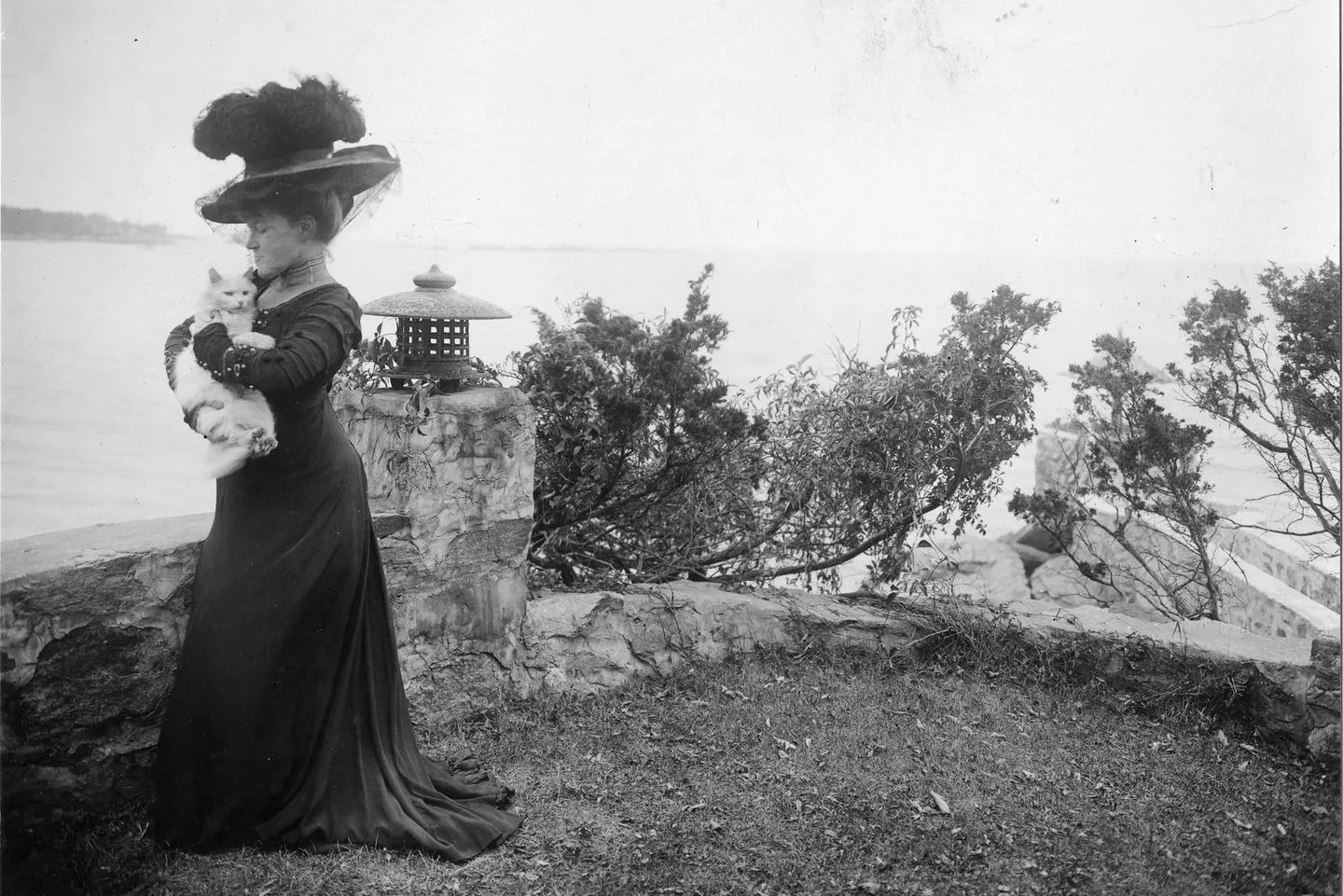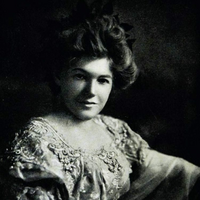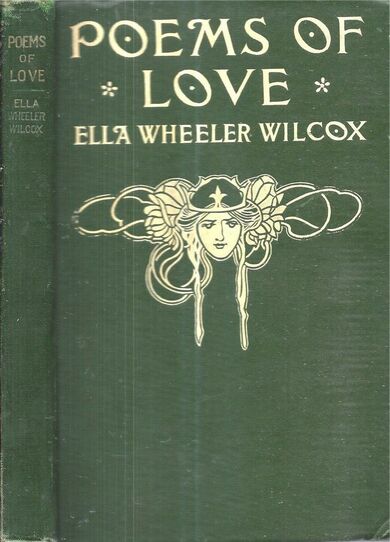
Ella Wheeler Wilcox
Ella Wheeler Wilcox (November 5, 1850 – October 30, 1919) was an American author and poet. Her best-known work was Poems of Passion. Her most enduring work was “Solitude”, which contains the lines, “Laugh, and the world laughs with you; weep, and you weep alone”. Her autobiography, The Worlds and I, was published in 1918, a year before her death. Ella was born on a farm in Johnstown, Wisconsin, east of Janesville, the youngest of four children. The family soon moved north of Madison. She started writing poetry at a very early age, and was well known as a poet in her own state by the time she graduated from high school.
Ella Wheeler Wilcox (November 5, 1850 – October 30, 1919) was an American author and poet. Her best-known work was Poems of Passion. Her most enduring work was “Solitude”, which contains the lines, “Laugh, and the world laughs with you; weep, and you weep alone”. Her autobiography, The Worlds and I, was published in 1918, a year before her death. Ella was born on a farm in Johnstown, Wisconsin, east of Janesville, the youngest of four children. The family soon moved north of Madison. She started writing poetry at a very early age, and was well known as a poet in her own state by the time she graduated from high school.
Her most famous poem, “Solitude”, was first published in the February 25, 1883 issue of The New York Sun. The inspiration for the poem came as she was travelling to attend the Governor’s inaugural ball in Madison, Wisconsin. On her way to the celebration, there was a young woman dressed in black sitting across the aisle from her. The woman was crying. Miss Wheeler sat next to her and sought to comfort her for the rest of the journey. When they arrived, the poet was so depressed that she could barely attend the scheduled festivities. As she looked at her own radiant face in the mirror, she suddenly recalled the sorrowful widow. It was at that moment that she wrote the opening lines of “Solitude”:
Weep, and you weep alone.
For the sad old earth must borrow its mirth
But has trouble enough of its own







